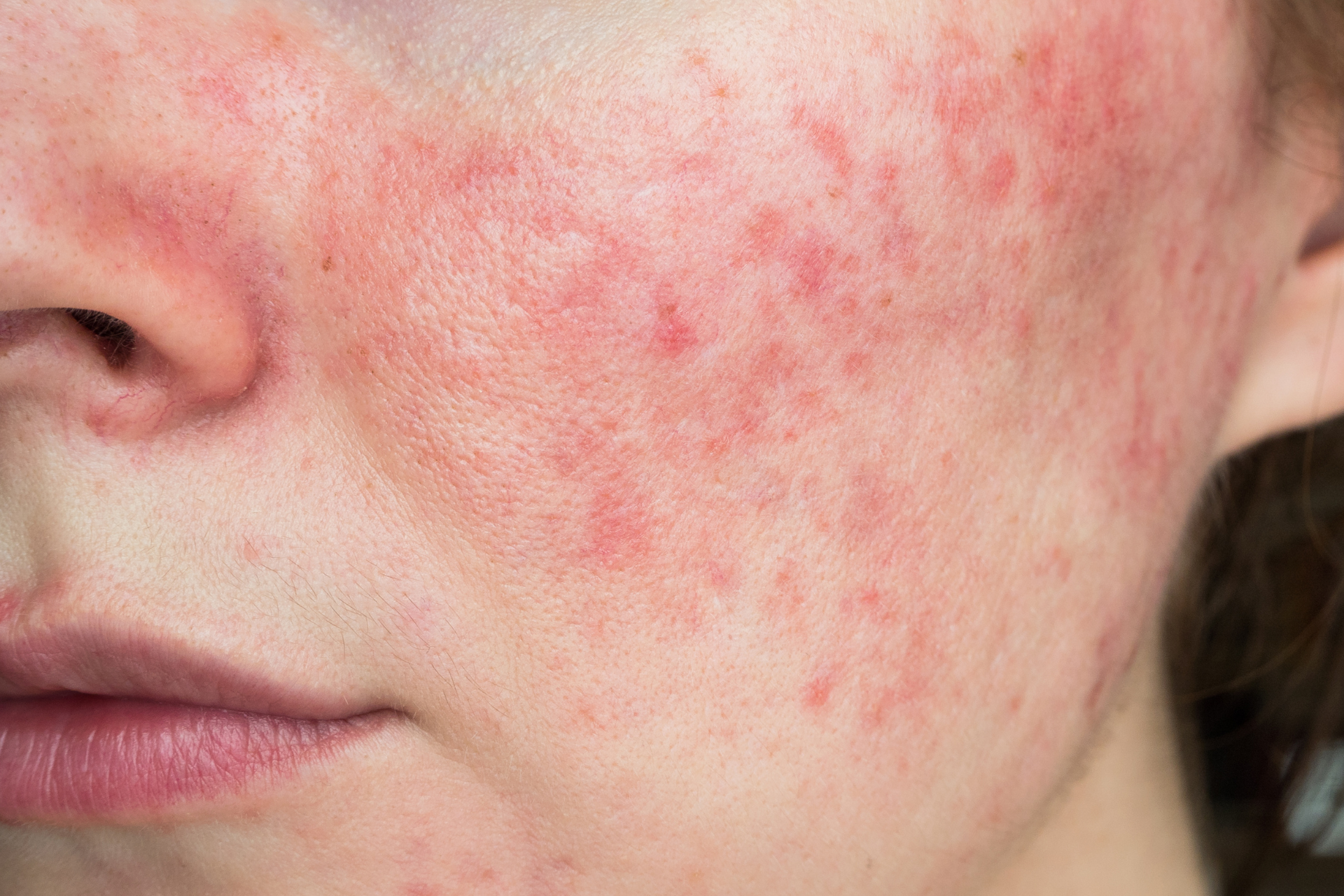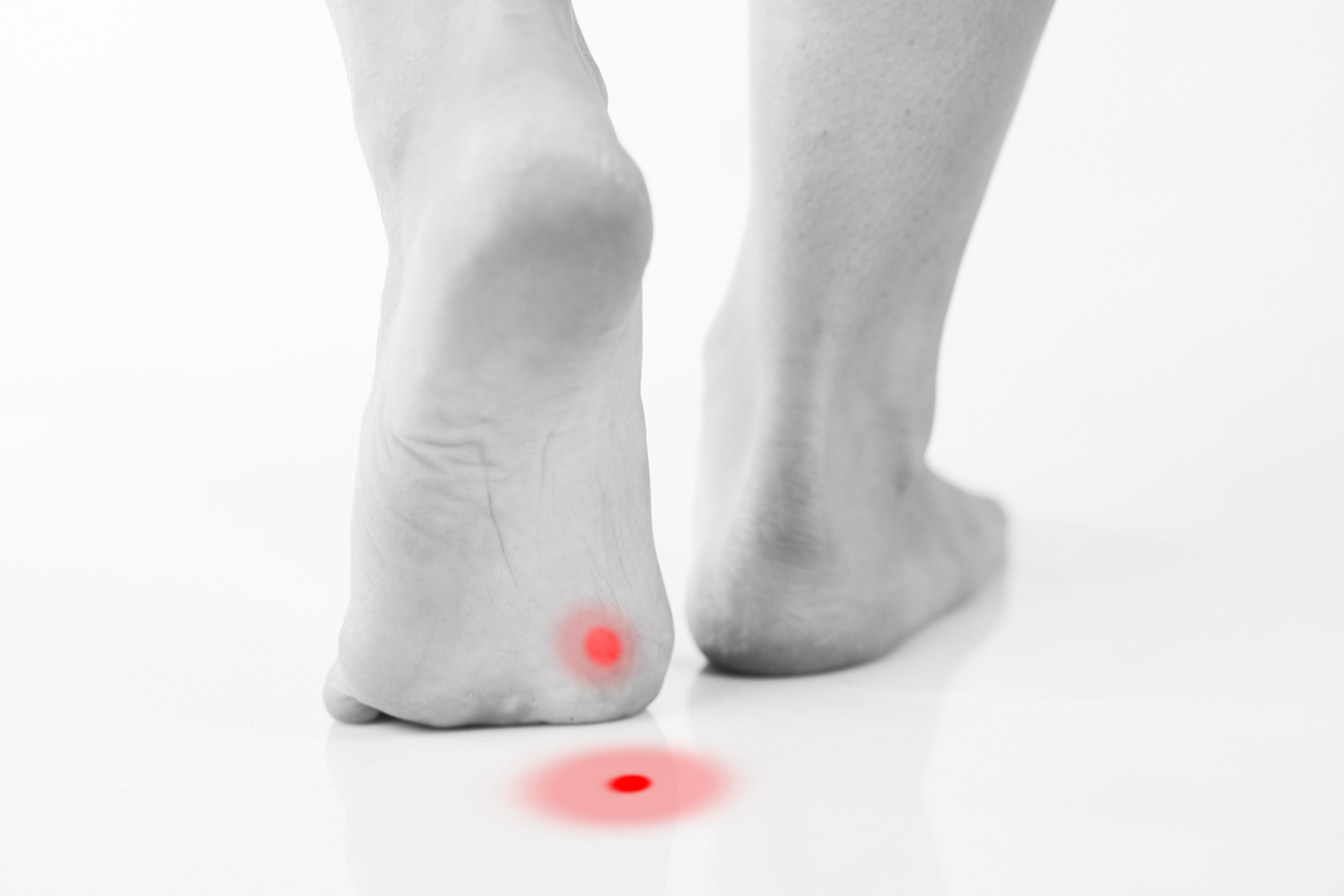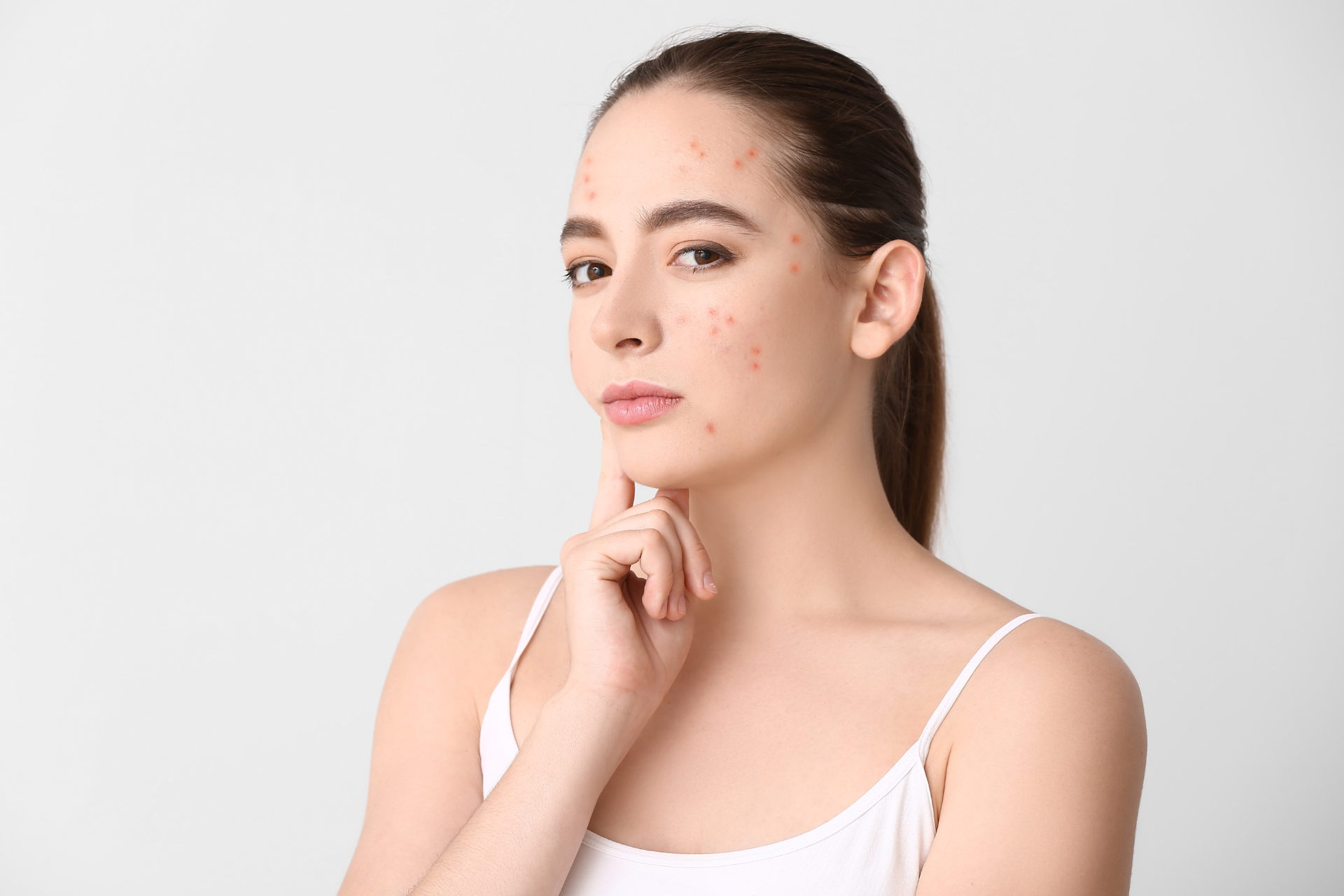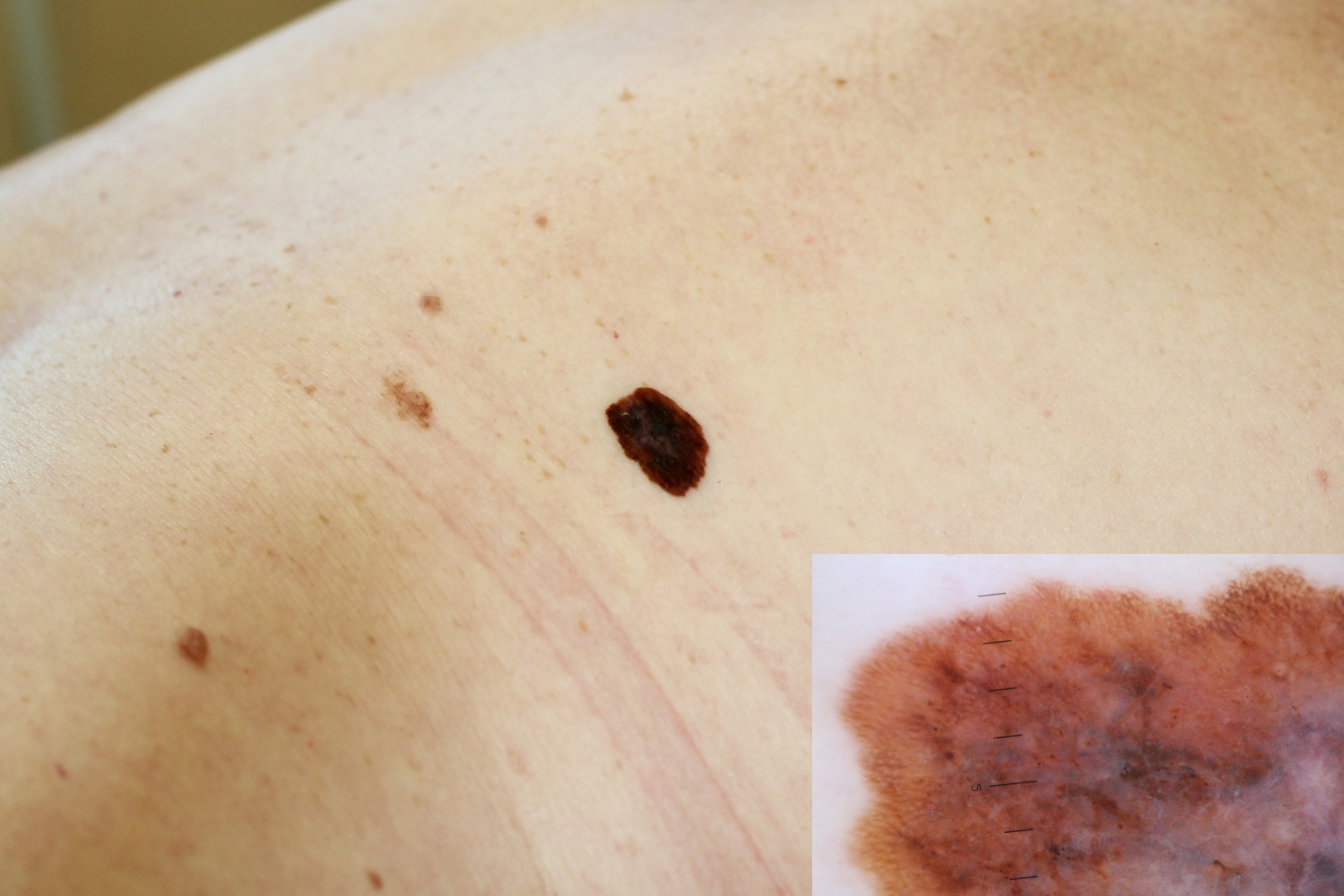Managing and Treating Rosacea: Expert Advice

Rosacea is a common skin condition that affects millions of people worldwide. While it may not be life-threatening, the redness, bumps, and visible blood vessels associated with rosacea can cause distress and embarrassment for those who suffer from it. Fortunately, there are effective ways to manage and treat rosacea to improve both the physical symptoms and the emotional impact it can have on a person's quality of life. At Fall Creek Skin and Health Clinic, our expert providers are well-versed in the latest treatments for rosacea and are dedicated to helping our patients achieve clear and healthy skin.
Understanding Rosacea
Rosacea is a chronic skin condition that primarily affects the face, causing redness, bumps, and visible blood vessels. It often begins with episodes of flushing or blushing that can progress to persistent redness in the central part of the face, including the cheeks, nose, and chin. In some cases, rosacea may also lead to the development of small, red bumps or pustules, as well as thickened skin and visible blood vessels.
The exact cause of rosacea is unknown, but factors such as genetics, abnormal blood vessels, immune system responses, and certain trigger factors like sunlight, stress, hot beverages, and spicy foods can exacerbate the condition. While there is no cure for rosacea, treatment can help control symptoms and prevent flare-ups.
Expert Advice on Managing and Treating Rosacea
At Fall Creek Skin and Health Clinic, our experienced providers recommend a tailored treatment plan for each patient based on the severity of their rosacea and individual needs. Here are some key strategies for managing and treating rosacea:
1. Skincare Routine:
Gentle skincare is essential for rosacea-prone skin. Avoid harsh cleansers, exfoliants, and products with potential irritants like alcohol and fragrance. Opt for gentle, fragrance-free cleansers, moisturizers, and sunscreens to protect and soothe the skin.
2. Topical Treatments:
Prescription topical medications, such as metronidazole or azelaic acid, can help reduce redness and inflammation associated with rosacea. These medications are often recommended for mild to moderate cases of rosacea.
3. Oral Medications:
In some cases, oral antibiotics may be prescribed to control inflammatory papules and pustules associated with rosacea. Oral medications like doxycycline or isotretinoin can be effective for more severe or stubborn cases of rosacea.
4. Laser Therapy:
For visible blood vessels and persistent redness, laser therapy can be an effective treatment option. Different types of lasers target blood vessels or redness in the skin to reduce the appearance of rosacea symptoms.
5. Lifestyle Changes:
Identifying and avoiding trigger factors that exacerbate rosacea symptoms is crucial. Keeping a diary of potential triggers, such as spicy foods, alcohol, stress, or sun exposure, can help patients manage their condition more effectively.
6. Consultation and Follow-Up:
Regular consultations with a dermatology provider at Fall Creek Skin and Health Clinic are essential for monitoring the progress of rosacea treatment and adjusting the treatment plan as needed. Your provider will work closely with you to ensure the best outcomes for your skin.
Seeking treatment from a knowledgeable and experienced provider is the first step towards managing and treating rosacea effectively. At Fall Creek Skin and Health Clinic, our team of experts is dedicated to helping our patients achieve clear, healthy skin and regain confidence in their appearance. Contact us today to schedule a consultation and learn more about our comprehensive approach to skin care.




